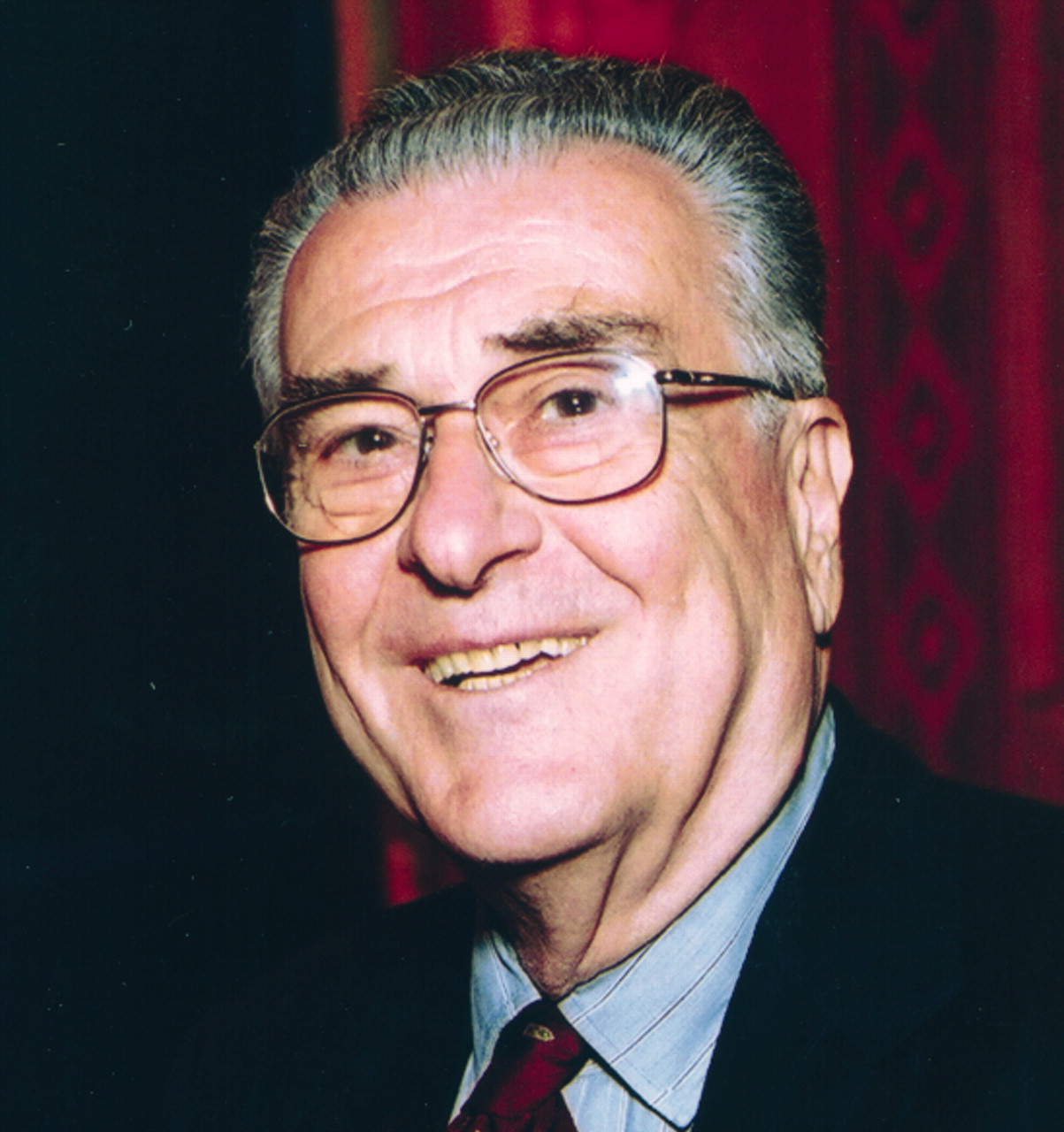When Robert Cancro, M.D., emerged from his psychiatry residency program at Kings County Hospital Center in Brooklyn, N.Y., in 1959, he dedicated his life to understanding and preventing mental illness. More than 40 years later, he is holding fast to his original plan and more determined than ever to help psychiatric patients regain their mental health.
Last June Cancro received the first Progress in Psychiatry Award. The award, presented by Robert Glickman, M.D., dean of the New York University (NYU) medical school, marked an important milestone—Cancro had completed his 25th year of service as chair of psychiatry at NYU. He now holds the distinction of being one of the longest-serving chairs of any psychiatry department in the country.
“I was touched and honored to receive the Progress in Psychiatry Award,” Cancro later told Psychiatric News. “I was genuinely moved by the support and collegiality of those with whom I have worked for many years.”
The event not only honored Cancro, it also raised over a half-million dollars for the NYU Center for the Prevention of Mental Illness, which is just getting off the ground. The center is committed to discovering strategies to prevent mental illness, according to Cancro. “We are conceptualizing [the center] as a think tank and hope to attract professionals from a variety of disciplines to better understand how mental activity emerges from neural tissue and how that emergence can go wrong.”
Cancro noted that there is still little understanding about how the brain works or how different factors, such as genes and environment, combine under certain circumstances to cause mental illness. Cancro stressed that prevention is an urgent matter. “Right now we are producing patients faster than we are producing cures.”
Cancro is also working to prevent mental illness in an another capacity, as director of the Nathan S. Kline Institute for Psychiatric Research, a post that he has held since 1982. The institute is located on the grounds of Rockland Psychiatric Center in Orangeburg, N.Y., and is a facility of the New York State Office of Mental Health. Scientists who work at the institute study the etiology, treatment, prevention, and rehabilitation of severe and persistent mental illnesses. The completion of a recent four-year renovation in 1998 has ushered in new laboratory facilities that include an Alzheimer's disease and dementia research program and the Center for Advanced Brain Imaging.
Over the years, Cancro has lent his expertise to a number of groups. As consultant to the New York Yankees from 1980 to 1989, he helped players work through problems “typical of those faced by high-profile, high-pressure people.”
Since 1988 Cancro has consulted to the U.S. Secret Service, where he teaches agents the skills they need to assess threats and profile potentially dangerous suspects.
Unlike some of his younger colleagues, Cancro has a panoramic view of the field of psychiatry. When he reflected on his four-decade career, he remembered the treatment advances of the early days that took the field by storm. “In my lifetime, there have been two revolutions in psychiatry,” he said. “One was psychoanalytic treatment of the 1950s, and the other was psychopharmacologic in the 1960s.”
A major problem, Cancro remarked, was that proponents of each type of treatment stood firm in their convictions that theirs was the only way to treat people with mental illness.
“While psychoanalysts viewed psychopharmacologists as pill pushers, psychopharmacologists saw psychoanalysts as spiritualists,” said Cancro. He noted that over time the two camps have overcome their former zealotry to communicate better and work together toward a common goal—restoring mental health.
Cancro also remembered the difficult times. “On September 11, I stood in the emergency room looking out at all of the empty stretchers, walked past the empty operating rooms, and just felt helpless.” His staff, however, pulled together to help the victims of the attacks and “deserve a great deal of credit,” he added.
As Cancro looked back over his career, he recalled the inspiration that buoyed his determination to succeed. “My father instilled a great love of learning in me.” He also credits the patients with whom he has worked. “It’s hard to see that kind of suffering and not feel compelled to understand [the patients] better and ease their distress,” he said. ▪

